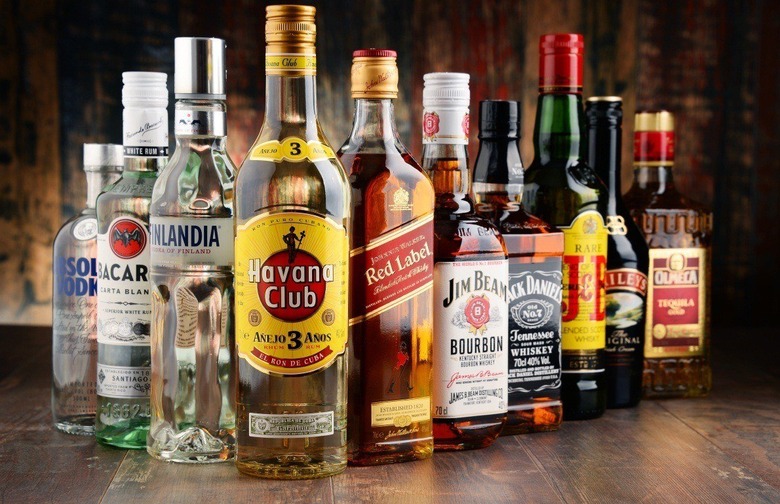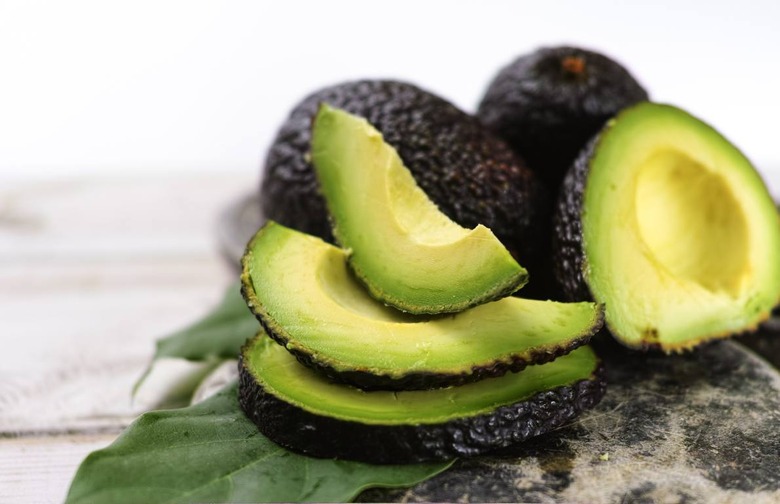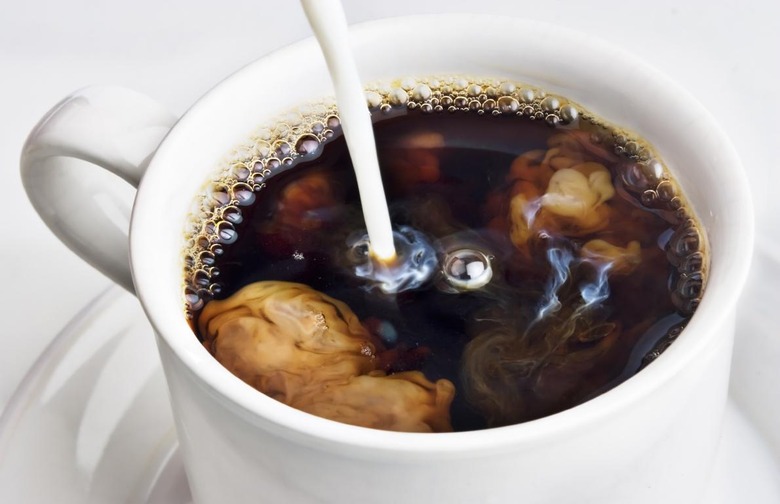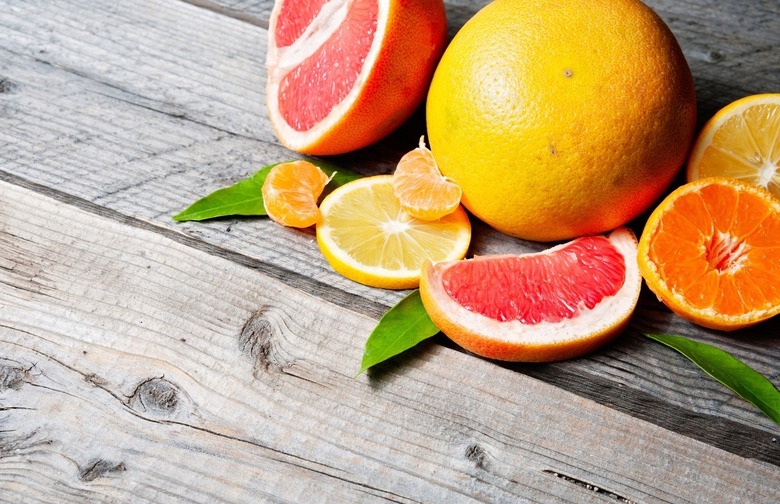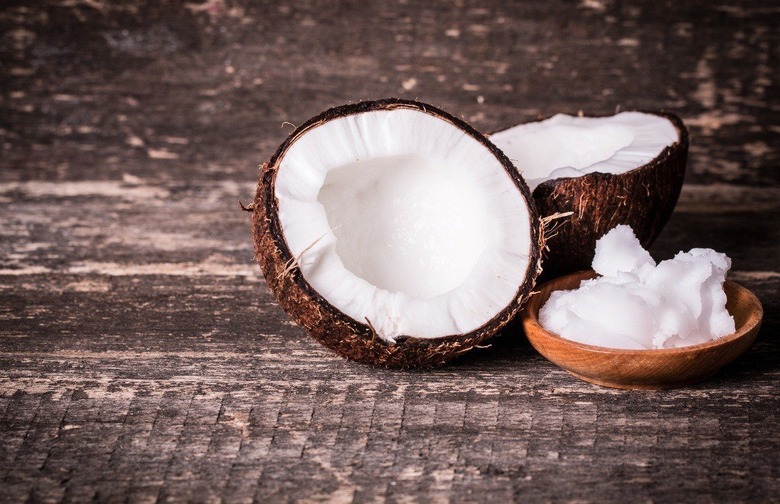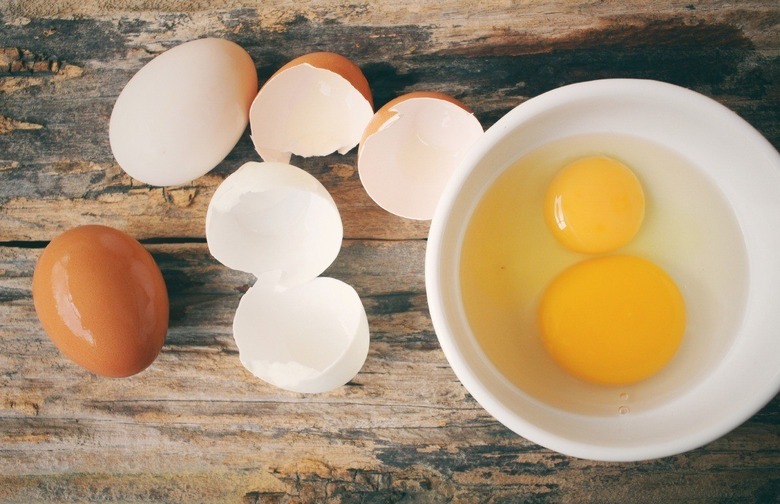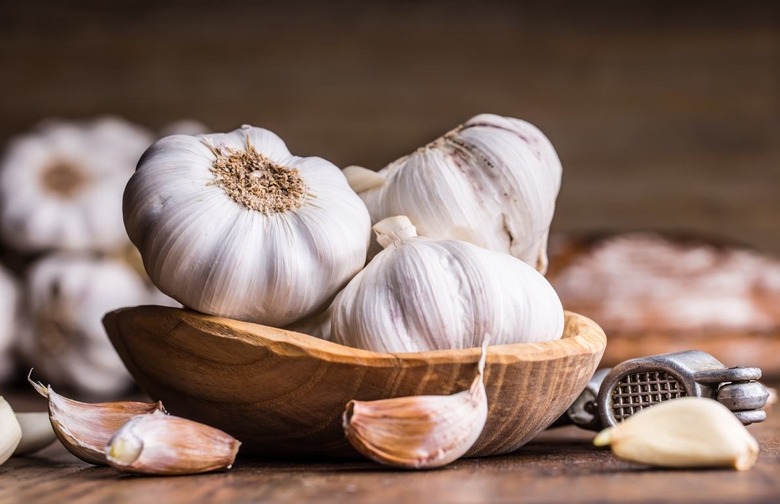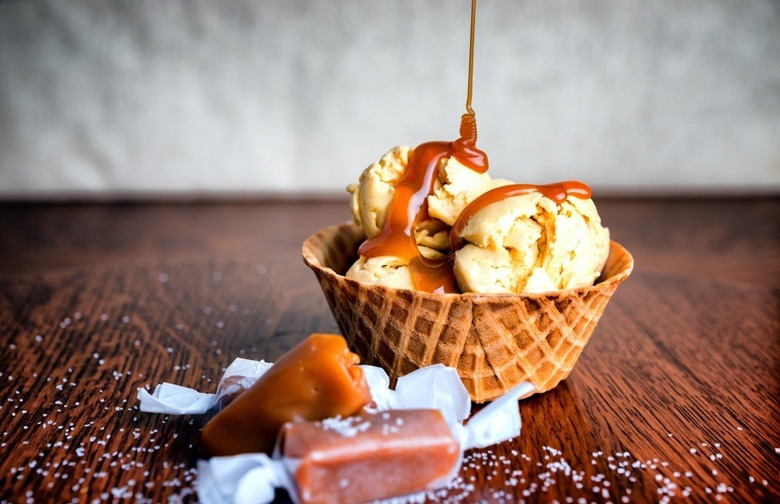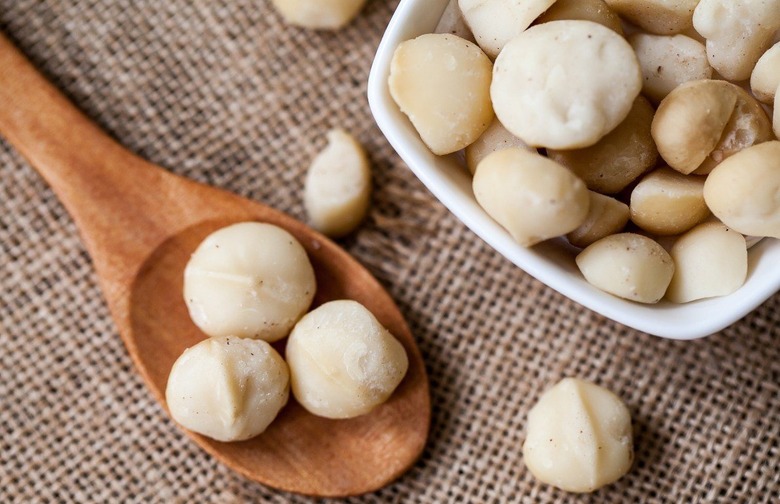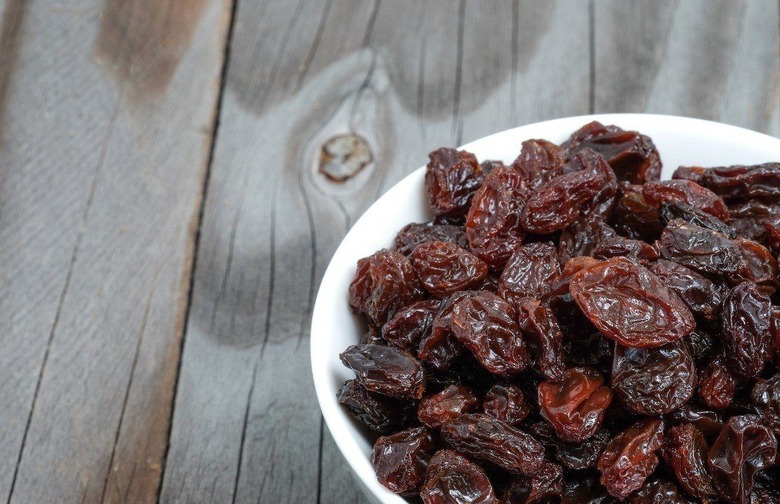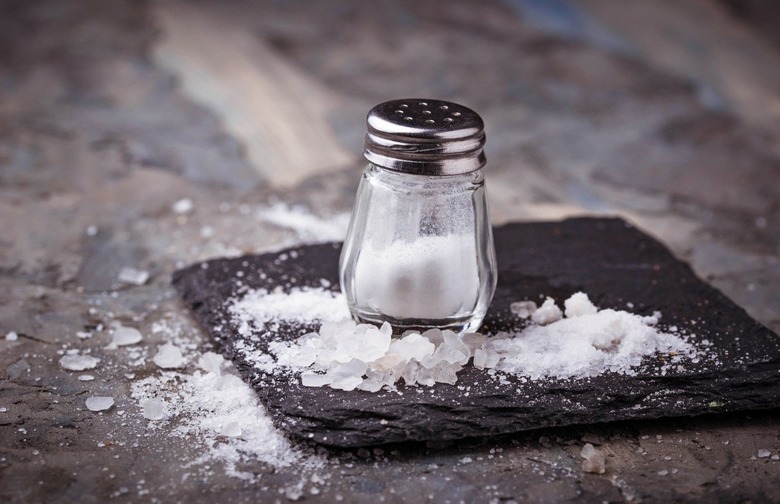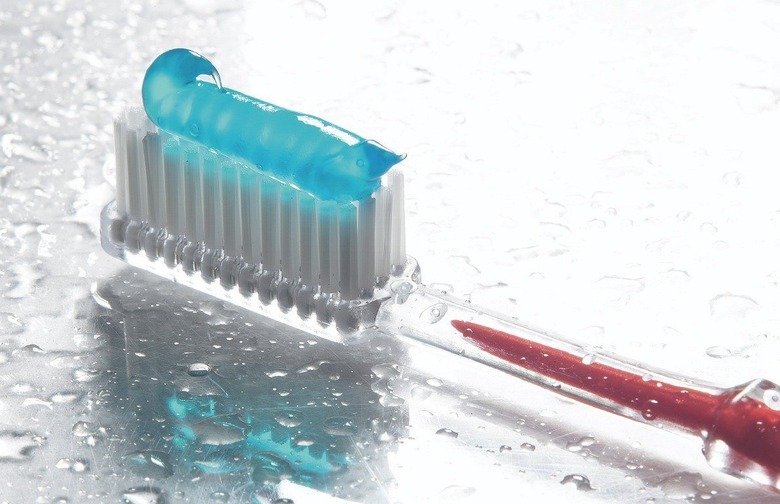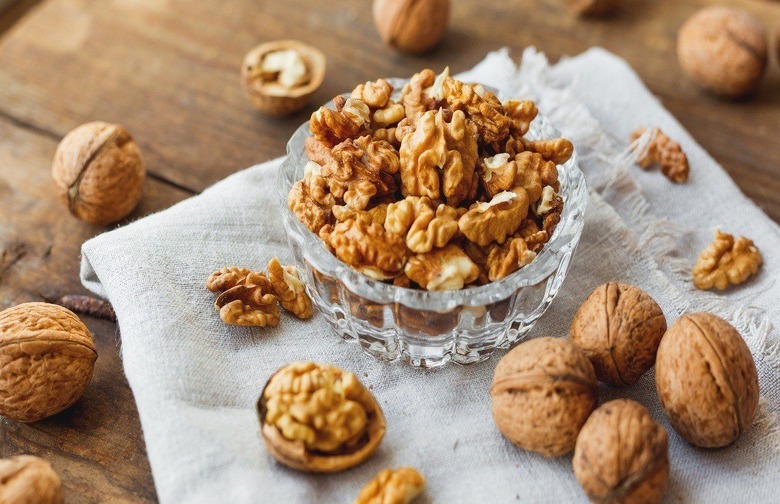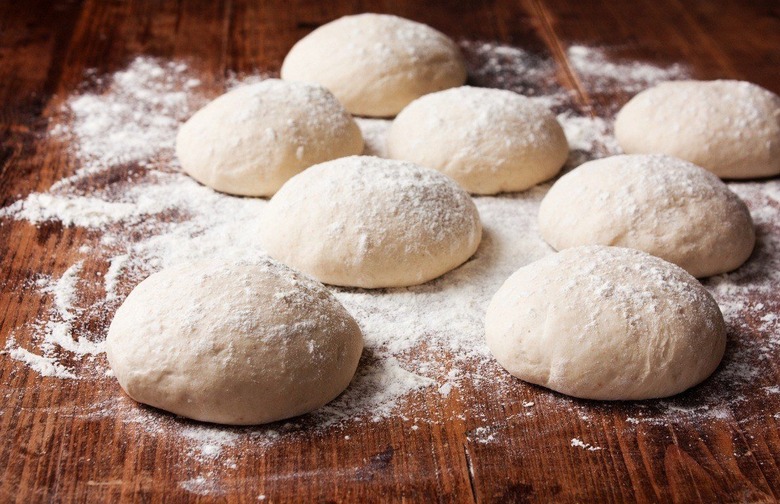15 Foods You Should Never Feed Your Pets Slideshow
Just like parents loves to spoil their children with gifts and goodies, so too do pet owners enjoy indulging their animals with treats — and this is especially true when it comes to food. Unfinished scraps at the dinner table (and sometimes even full meals) are offered up selflessly to our pets, but this benevolent act of altruism may not be so kind after all. Human food doesn't necessarily cooperate with the guts and digestive tracts of our furry (and scaly) friends. Rich dark chocolate, decadent ice cream, and creamy avocado are some of humankind's favorite and most sought after foods, but feeding these to pets can cause them tremendous discomfort, illness, and even death. Although many human foods are fine to share with your pets, remember there are a handful that aren't.
Here are the 15 foods that you should never feed your pets.
Alcohol
Although it might be tempting to let your dog sip on a bacon-inspired cocktail, giving any alcoholic beverage to pets is a bad idea. Alcohol can cause vomiting, diarrhea, tremors, and central nervous system depression, and under no circumstances should it ever be served to any animal.
Avocado
When it comes to your pet, it's best to be stingy with your avocado toast. While it may not be dangerous for cats and dogs, avocado can cause serious cardiovascular damage to birds. Horse, sheep, and goats also have trouble processing avocados, which can cause swelling of the head and neck.
Chocolate
A piece of dark chocolate is good for the human cardiovascular system and can possibly help you lose weight, but it can be seriously dangerous to your pets. Chocolate contains substances called methylxanthines, which can cause excessive vomiting, diarrhea, panting, and an abnormal heart rhythm. Dark chocolate with high cacao content, while considered healthy for humans, is particularly perilous to animals.
Coffee
If you feel like your cat, dog, fish, or snake is acting a bit sluggish, resist the urge to feed them any caffeine. Just like chocolate, coffee also has a high concentration of methylxanthines, which can be fatal to pets.
Citrus Fruit
A cup of lemon water may be the key to an accelerated metabolism in humans, but whole citrus fruit shouldn't be part of your pet's diet. While a little orange or lemon is fine, ingesting the rind and fruit can cause stomach irritation or even a slow-down of the central nervous system.
Coconut
Coconut and coconut oil have surged in popularity due to a renewed interest in healthy fats, but don't feed any of these tropical fruits to your furry friends. Coconut isn't dangerous to an animal's health, but it will lead to some unpleasant indigestion that, as the owner, you will want to avoid.
Eggs (Raw)
Eggs are a versatile and healthy breakfast food — when cooked. Raw eggs run the risk of carrying dangerous bacteria like salmonella and E. coli. Eggs don't need to be excluded from your pet's diet; just make sure they are nicely scrambled.
Garlic
There are few things more appetizing than the smell of fresh garlic sautéing in a thin layer of olive oil, but your animal might not appreciate this simple culinary perfection as much as you do. Garlic, as well as other members of the allium family (onions and chives), can cause gastrointestinal irritation and damage red blood cells. Cats are especially susceptible to adverse reactions, so keep them far away from that shrimp scampi.
Ice Cream
Lactose can be difficult for humans to digest, but pets struggle with dairy products as well. Because of its dairy and sugar content, ice cream is especially troublesome for animals, leading to diarrhea and indigestion. A plant-based, vegan ice cream for pets isn't on the market yet (as far as I know), but stay on the lookout.
Macadamia Nuts
Macadamia nuts are not especially common, but they are especially dangerous to dogs. If your furry companion ever accidently gobbles them down, rush them to a vet immediately. Macadamia nuts may cause weakness, vomiting, hyperthermia, and even depression in dogs, which can last for two days.
Raisins
The high sugar content of dried fruit makes it an unhealthy snack option for humans, but an unknown toxin found in raisins makes this trail mix staple a serious hazard for pets. Raisins (as well as grapes) can cause kidney failure in dogs, and should definitely be kept out of their reach.
Salt
Salt: Does it give you high blood pressure, or does it help you lose weight? The salt debate continues to rage on, but what is clear is that too much salt is harmful to pets. Salty snacks like chips, pretzels, and some fast food may induce vomiting, diarrhea, and, in some extreme cases, even death.
Xylitol
Xylitol is a sweetener commonly used in gum, candy, baked goods, and toothpaste, but it can put your pooch in some pain. Eating too much xylitol will release a wave of insulin, which can cause liver failure and hypoglycemia (low sugar levels).
Walnuts
One of the few vegetarian sources of omega-3 fatty acids, walnuts are a perfectly healthy snack for humans, but the fats and oils natural to the nut can cause stomach irritation in animals. A nice piece of fatty fish is a better alternative for most pets.
Yeast Dough
Freshly baked bread is truly a delight, but raw yeast dough can be a traumatically painful experience for animals, especially dogs. The yeast dough can actually ferment and rise inside a pet's digestive system, which leads to painful stomach bloating.

